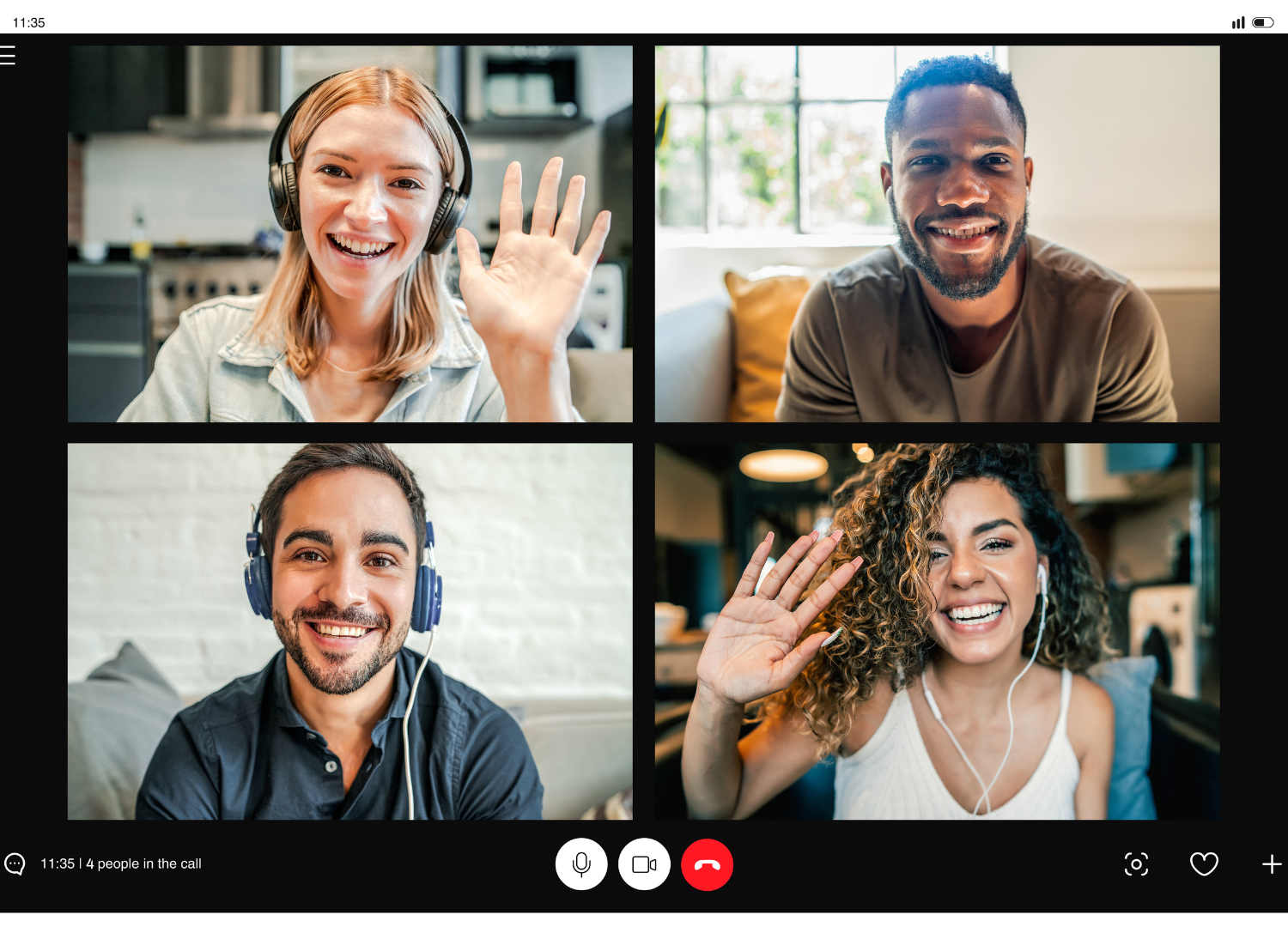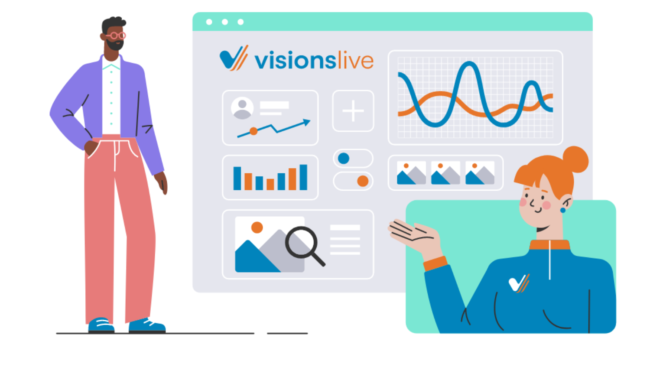
Introduction:
In the dynamic world of market research, adaptation and innovation are key. As a Business Development Manager at VisionsLive, a leading provider of online market research platforms, offering tools like focus groups, interviews, and Bulletin Boards, I’ve noticed an interesting trend: a handful of our clients, who previously leveraged our online services extensively, are now reverting back to face-to-face research methods. This shift prompts a deeper exploration into the benefits of online research compared to traditional methods and whether a hybrid approach might offer the best of both worlds.
The Rise of Online Research Platforms
The digital era has brought forth a revolution in how market research is conducted. Online platforms offer several distinct advantages:

Cost Efficiency:
One of the most tangible benefits of online research is the reduction in logistical costs. Traditional research methods often involve expenses like travel, accommodation, and venue hire. Online research, by eliminating these costs, democratises access to quality market research, especially for smaller businesses or those with constrained budgets.

Broader Reach and Diversity:
Online platforms enable participation from a wider geographic and demographic range. This inclusivity ensures a diverse sample, which is crucial for obtaining comprehensive and representative market insights. At VisionsLive, we know how important finding high-quality respondents for your project is, and how hard it can be to find exactly the right people to participate in your research. Our extensive recruiter network lets us find you the right respondents fast, and at the right price.

Flexibility and Convenience:
Participants and researchers enjoy greater flexibility in scheduling and location. This convenience often leads to increased participation rates and, potentially, more candid responses due to the comfort of familiar surroundings.

Advanced Analytical Tools:
Digital platforms come equipped with sophisticated tools for data analysis, often incorporating AI tools like sentiment analysis allowing for real-time insights and more nuanced interpretations of consumer behaviour. The VisionsLive online Focus Groups & Interview platform incorporates features such as AI generated Translated Live Captions & Transcripts as well as Text Analysis reporting.
The Enduring Value of Face-to-Face Research
Despite these advantages, the shift back to traditional methods underscores the enduring appeal of face-to-face interactions. Physical presence in research offers unique benefits:

Human Element:
Face-to-face interactions enable researchers to capture non-verbal cues like body language and tone, enriching the data with emotional context and depth.

Engagement Quality:
In-person meetings can foster a different level of engagement, encouraging spontaneous discussions and deeper dives into topics that may not surface in an online setting.

Sensory Feedback:
Certain research scenarios, especially those involving physical products, can benefit from the immediate sensory feedback that can often be provided through in person research.
Balancing Online and Offline: The Case for a Hybrid Model
Recognising the strengths of both online and offline methodologies suggests the potential of a hybrid model. A blended approach could marry the cost-effectiveness and convenience of online tools with the depth and richness of face-to-face research.
Combining Breadth and Depth:
Initial broad surveys or Bulletin Board discussions could be conducted online, followed by in-depth, in-person interviews or focus groups to delve deeper into specific areas of interest.

Integrating Data Seamlessly:
The challenge lies in integrating data from online and offline sources cohesively. This requires a robust framework for data management and analysis.
Understanding Preferences: Why Some Prefer Face-to-Face
Despite the clear advantages of online research, the preference for face-to-face methods by some clients warrants understanding. The reasons vary, but often include:

Personal Connection:
Some clients believe that the personal connection fostered in face-to-face meetings leads to richer, more honest feedback.

Complex Subjects:
Certain complex or sensitive topics may be better suited to in-person discussions, where researchers may find it easier to build trust and rapport.
Promoting Online Research While Valuing Traditional Methods
As proponents of online research, it’s essential to promote its benefits while respecting the reasons some clients prefer traditional methods. By highlighting the efficiency, reach, and advanced capabilities of online platforms, we can demonstrate their value in the modern research landscape.
Conclusion: Embracing a Multi-Faceted Approach
The future of market research is not about choosing online over offline methods, but understanding how to leverage each for their unique strengths. While online research offers efficiency, accessibility, and powerful analytical tools, face-to-face research provides depth, emotional context, and a personal touch. A nuanced approach, perhaps a hybrid one, could be the key to harnessing the full potential of market research in the digital age.
In closing, I invite feedback and insights from our clients and readers. Have you experienced a particular preference for online or face-to-face research? Do you see merit in a hybrid approach? Your perspectives are invaluable as we navigate this ever-evolving landscape.